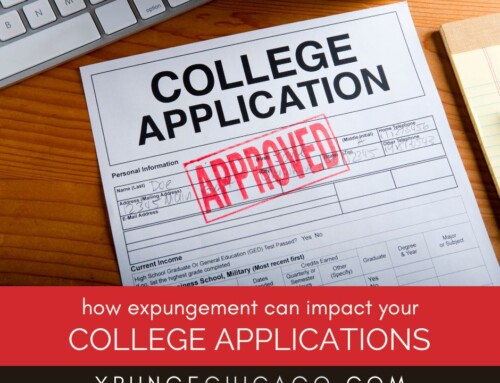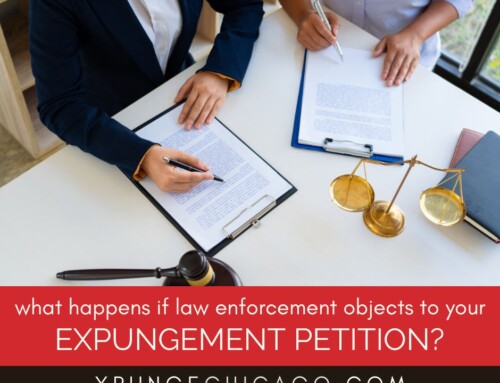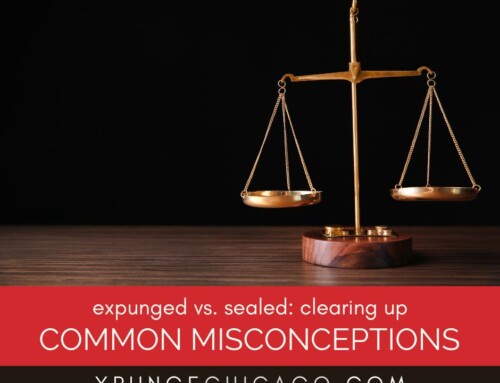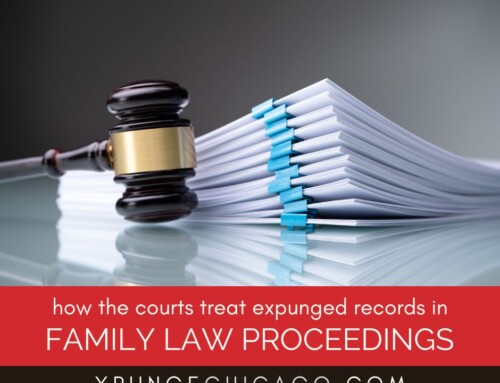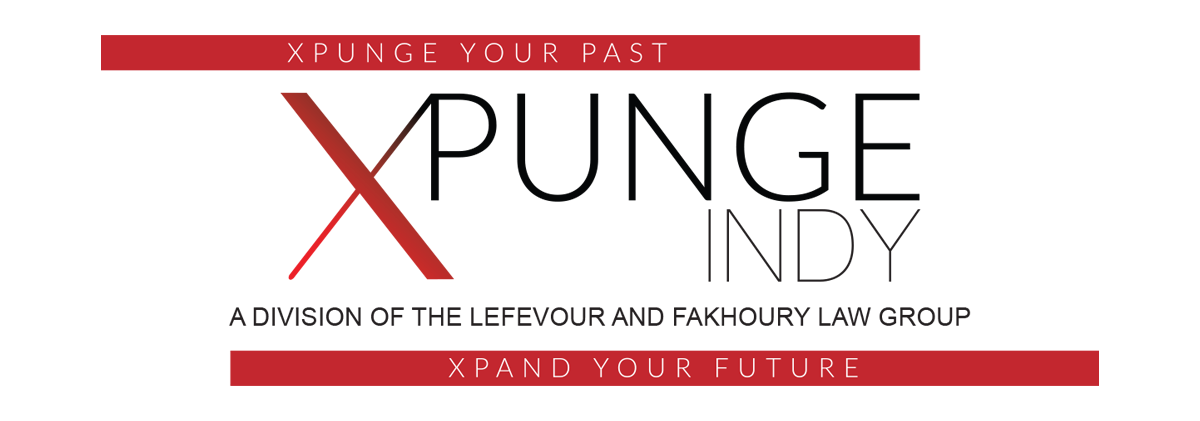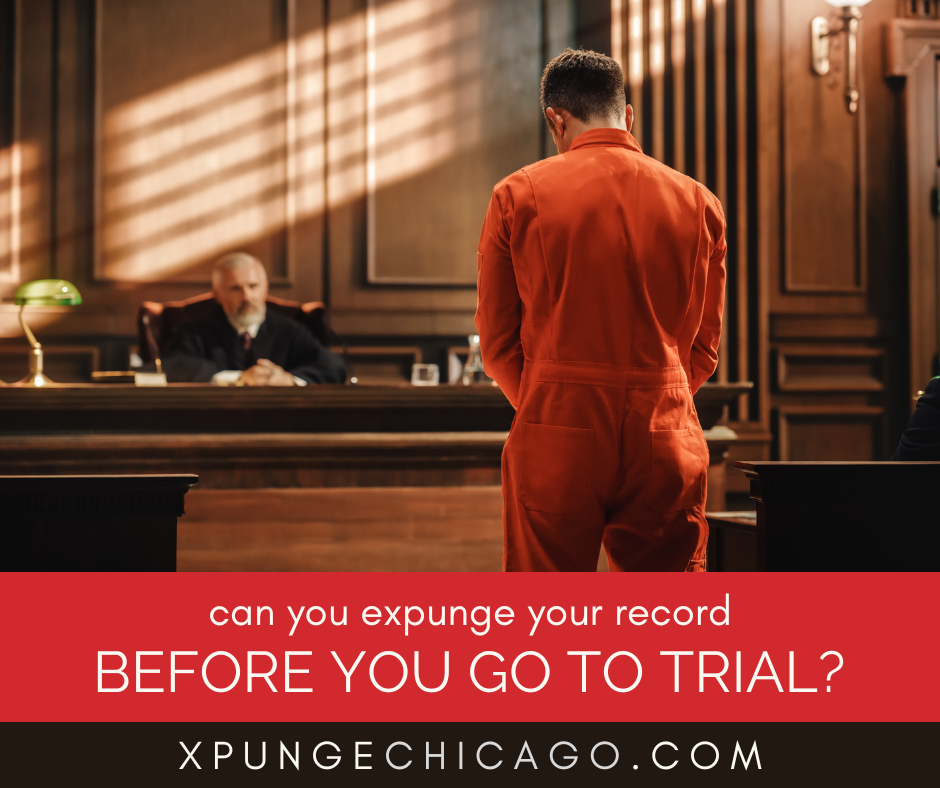
If you’re facing criminal charges, you might wonder if you can expunge your record before going to trial. The answer is no. Illinois law requires a final outcome in your court case before you can explore expungement options. Understanding why this is the case and what you can do after your case is resolved can help you manage your situation effectively.
Can You Expunge Your Record Before You Go to Trial?
In Illinois, you cannot expunge your record before going to trial. The law requires that your case reaches a final outcome before you can consider expungement. This means that until your case is dismissed, you are found not guilty, or a conviction is vacated, you are not eligible for expungement.
This guide explains the following:
- Why you can’t expunge your record before trial
- Reasons you might want to expunge your record before trial
- What you can do after a final court outcome
- Understanding the expungement process
- How to start the expungement process
Here’s a closer look at each.
Why You Can’t Expunge Your Record Before Trial
Illinois law requires that a court case must have a final outcome before expungement is possible. This ensures that all legal proceedings are complete and that the court has made a definitive ruling on the charges. Expungement is intended to clear records of arrests or convictions that are no longer relevant (such as findings of not guilty) or were found to be unjust. Until a final decision is made, the record cannot be altered.
Related: Expungement and sealing information for Illinois
Reasons You Might Want to Expunge Your Record Before Trial
People often want to expunge their records before trial for various reasons. One common reason is to avoid the impact of a pending charge on employment opportunities. Employers frequently conduct background checks, and having pending charges can negatively affect your chances of getting hired. Additionally, some individuals may wish to clear their record before trial to minimize personal stress and the potential social stigma associated with criminal charges. However, expunging a record before a court has reached a verdict is not allowed under Illinois law.
What You Can Do After a Final Court Outcome
Once your case reaches a final outcome, you can explore your options for expungement. If your charges are dismissed, you are found not guilty, or your conviction is vacated, you may be eligible for expungement. In some cases, you might also be able to seal your record if expungement is not an option. Sealing hides your record from most public view, although certain entities like law enforcement can still access it.
Understanding the Expungement Process
The expungement process involves several steps. First, you need to determine your eligibility based on the outcome of your case and the nature of your charges. If you are eligible, you must file a petition with the court. This petition includes details about your case and the reasons you are seeking expungement. The court will review your petition and may schedule a hearing where you present your case. If the court grants your petition, your record will be expunged, meaning it will be destroyed or returned to you.
Related: When can you expunge an arrest record?
How to Start the Expungement Process
To start the expungement process, you should hire a lawyer familiar with this area of law. A lawyer can guide you through the necessary steps, help you gather the required documentation, and ensure you meet all legal requirements. The process generally begins with filing a petition in the appropriate court. Your lawyer will help you prepare the petition, which includes details about your criminal record and the reasons you are seeking expungement. After filing the petition, there may be a hearing where you present your case. Having a lawyer by your side can make this process smoother and ensure that you meet all legal requirements.
FAQ About Expunging Your Record in Illinois
Check out these commonly asked questions about expunging your record in Illinois. If you don’t see your question here, please call our office and we’ll find you the answers you need.
Can You Expunge Your Record Before Going to Trial?
No, you cannot expunge your record before going to trial. Illinois law requires a final court outcome before you can consider expungement.
Why Do I Have to Wait Until After My Case Is Resolved?
You must wait until your case is resolved to ensure that all legal proceedings are complete. The court needs a final outcome before it can consider expunging your record.
What Happens If I Am Found Not Guilty?
If you are found not guilty, you may be eligible to expunge your record. You can file a petition with the court to have your record cleared.
Can I Expunge a Dismissed Charge?
Yes, you can expunge a dismissed charge. Once your case is dismissed, you can petition the court to remove the charge from your record.
Related: Is it easier to expunge your record with a lawyer?
How Long Does the Expungement Process Take?
The expungement process can take several months. After you file a petition, the court will review your case, check your eligibility, and may schedule a hearing. The timeline varies based on the complexity of your case and the court’s schedule.
Do You Need to Talk to an Attorney About Expungement or Sealing?
If you’re tired of your criminal past coming back to bite you, we may be able to help. Call us right now at 847-920-4540 or fill out the form below so we can talk about your case.
Oops! We could not locate your form.



